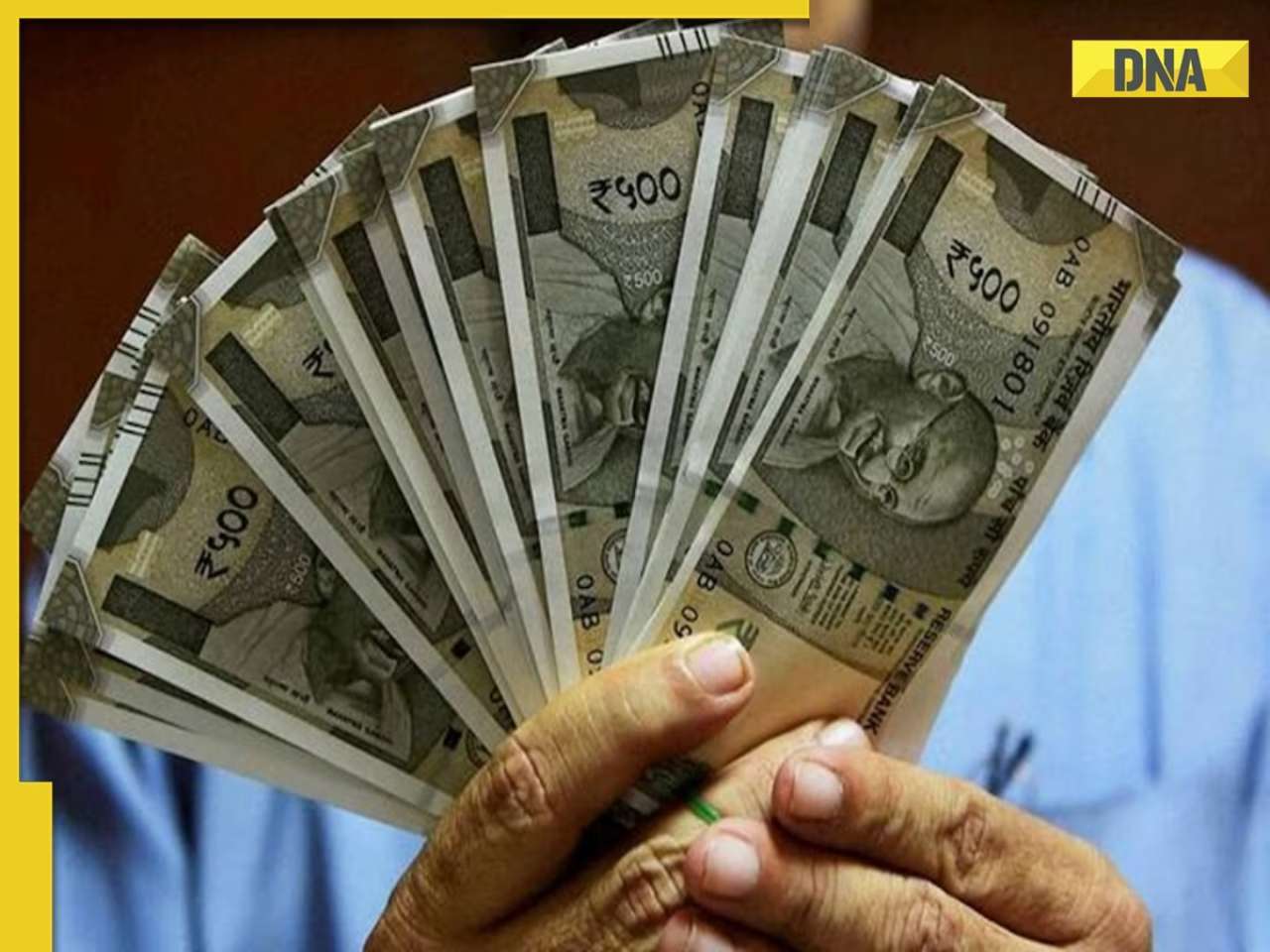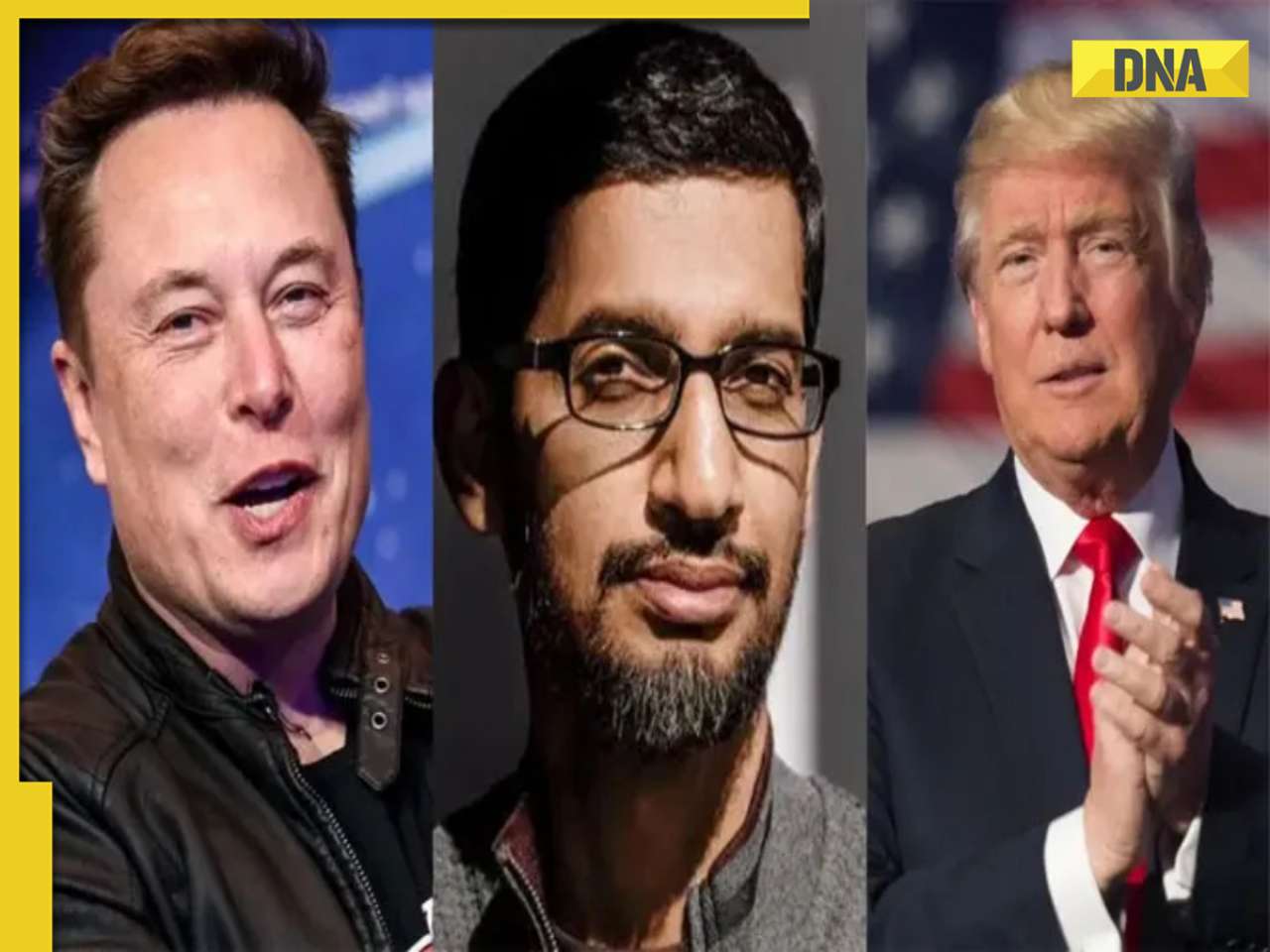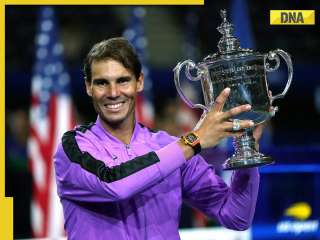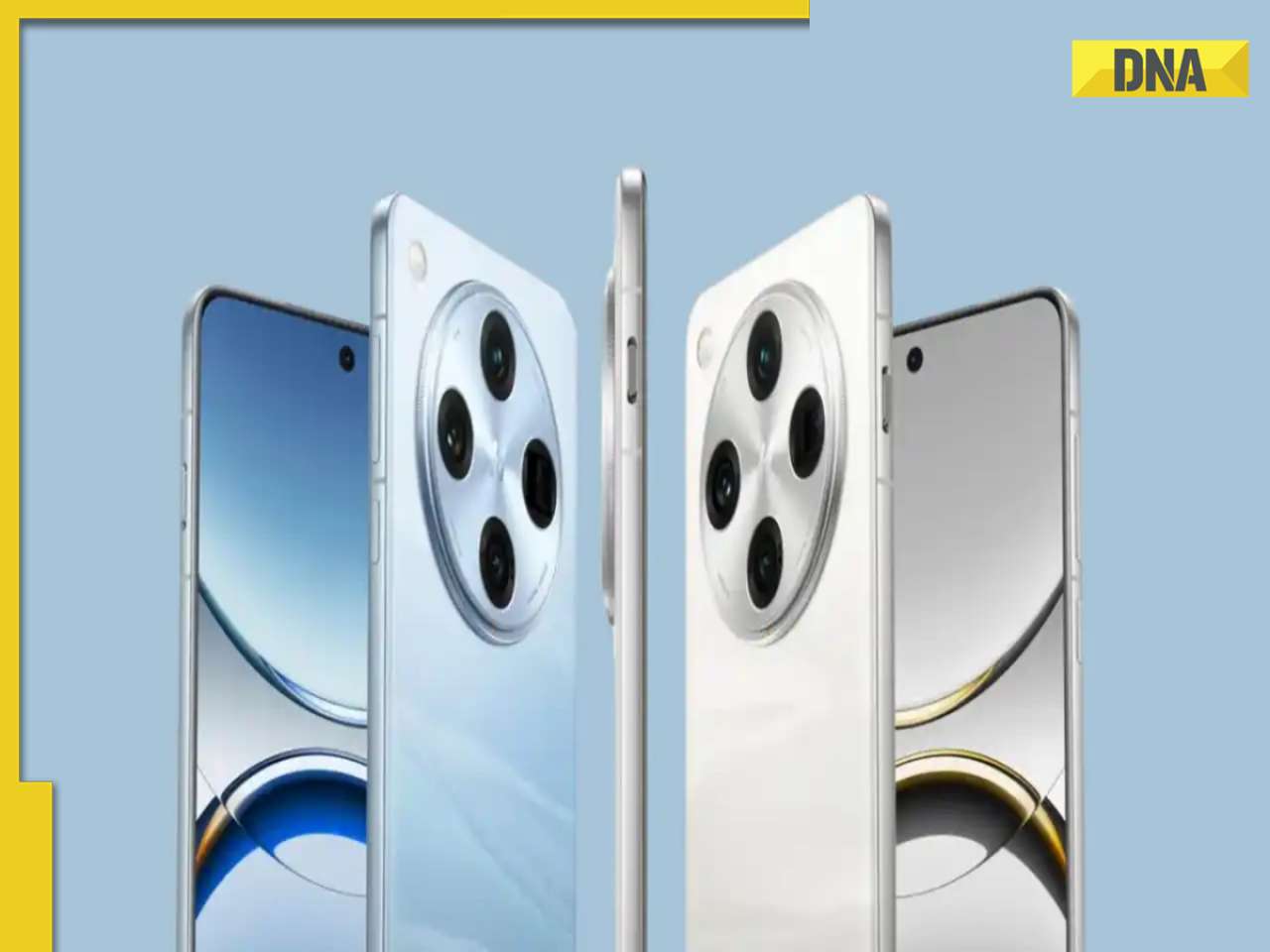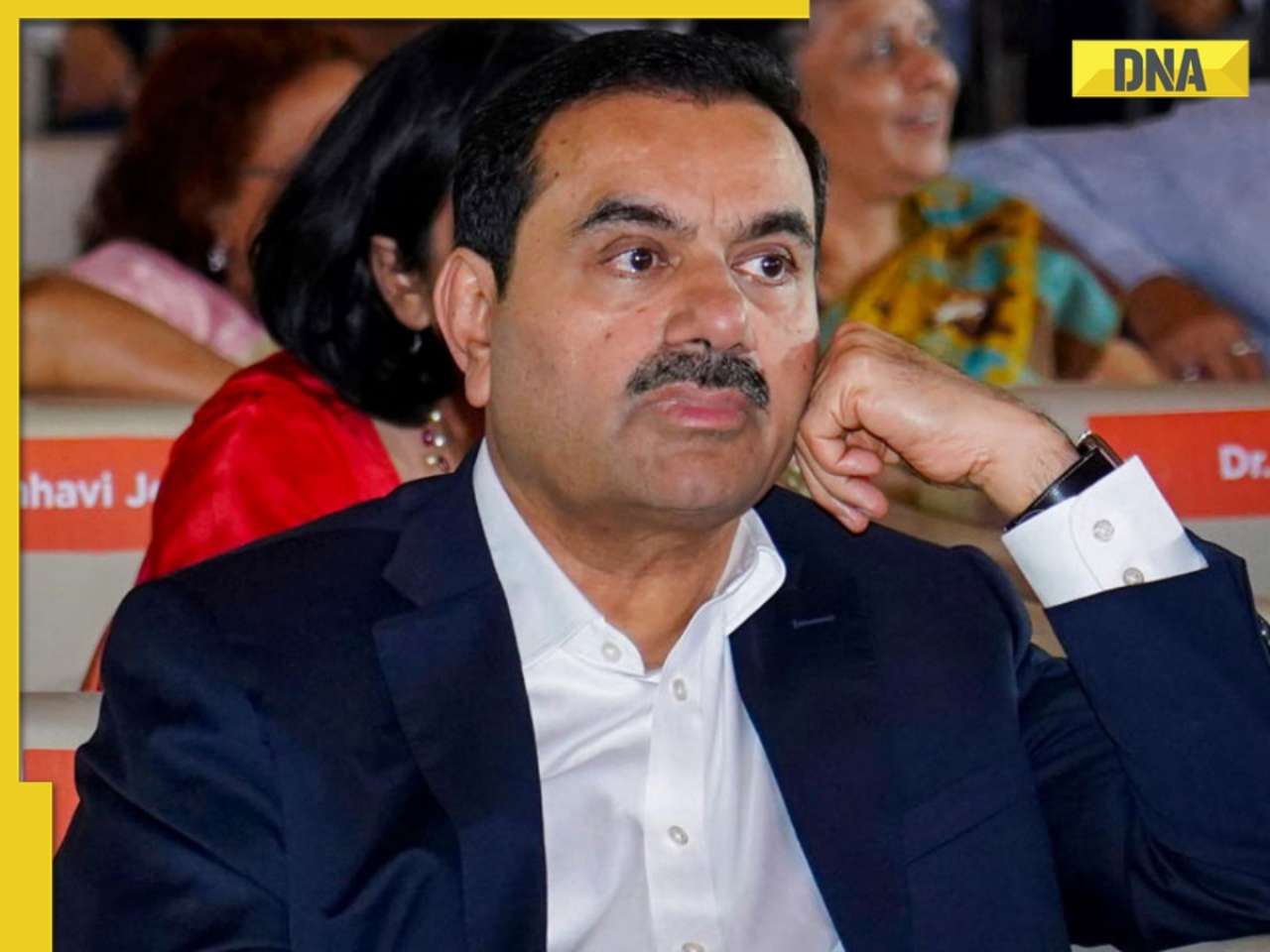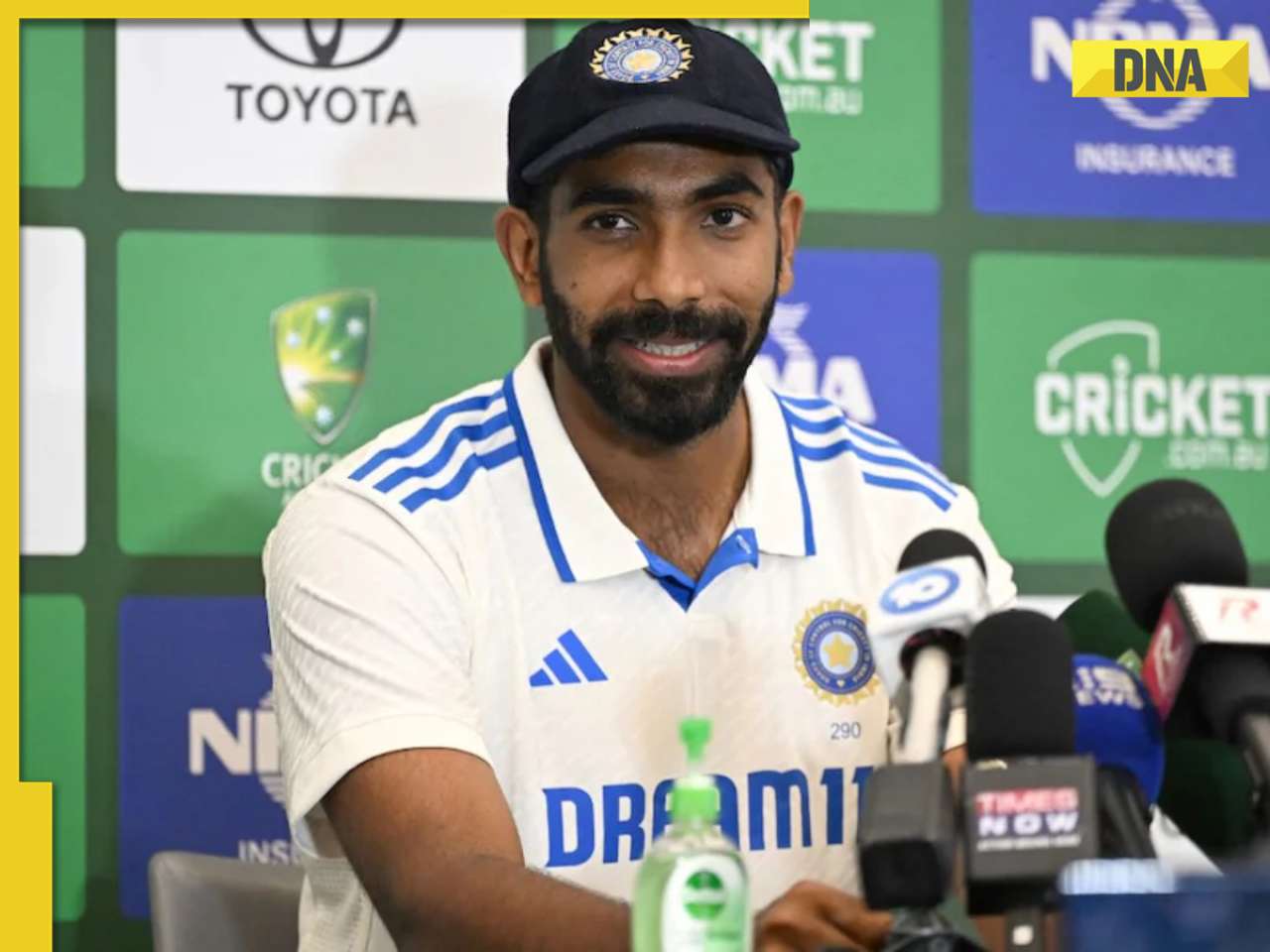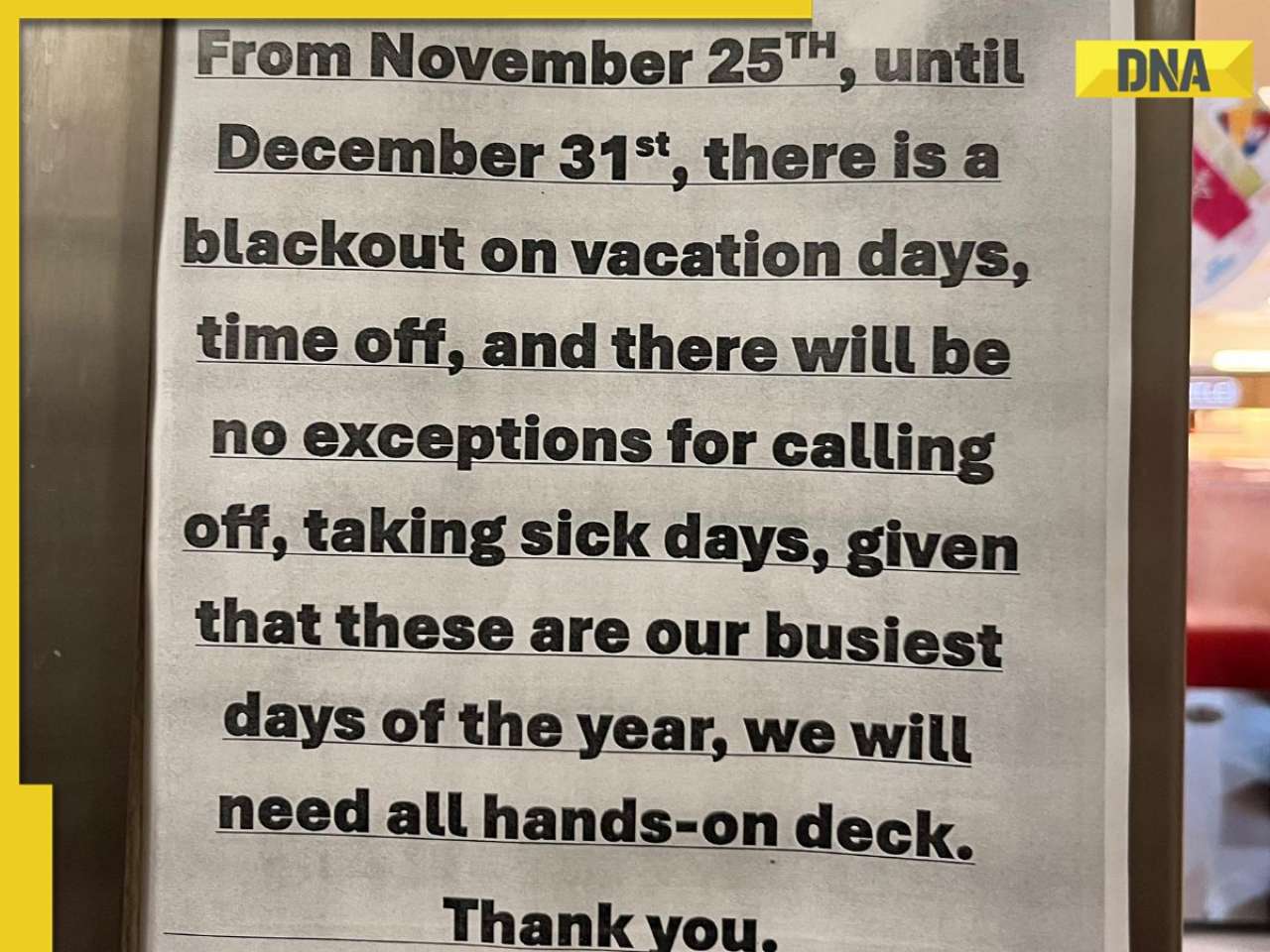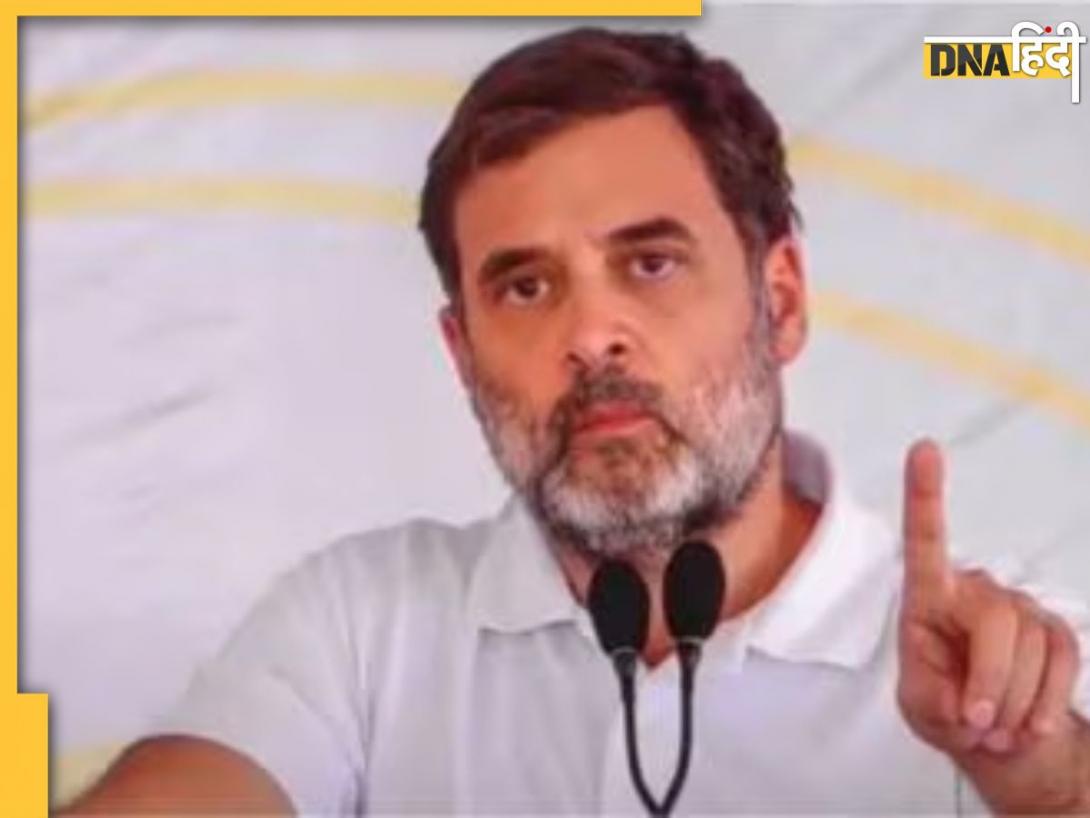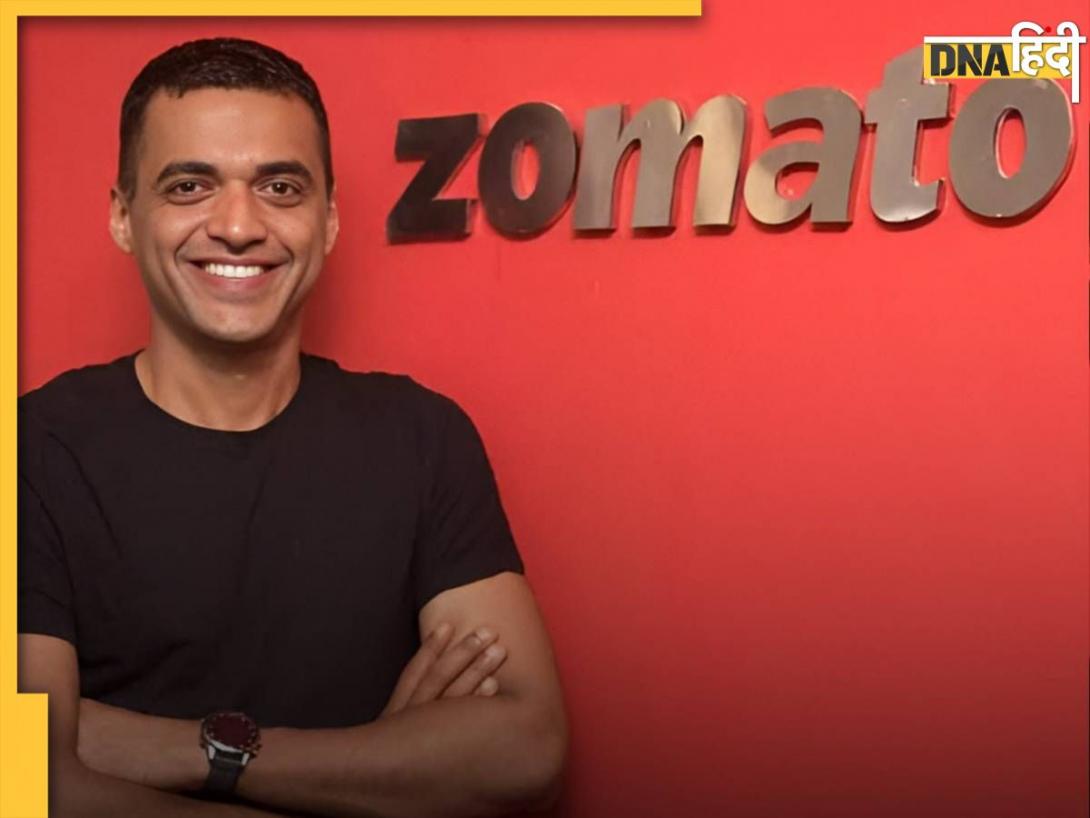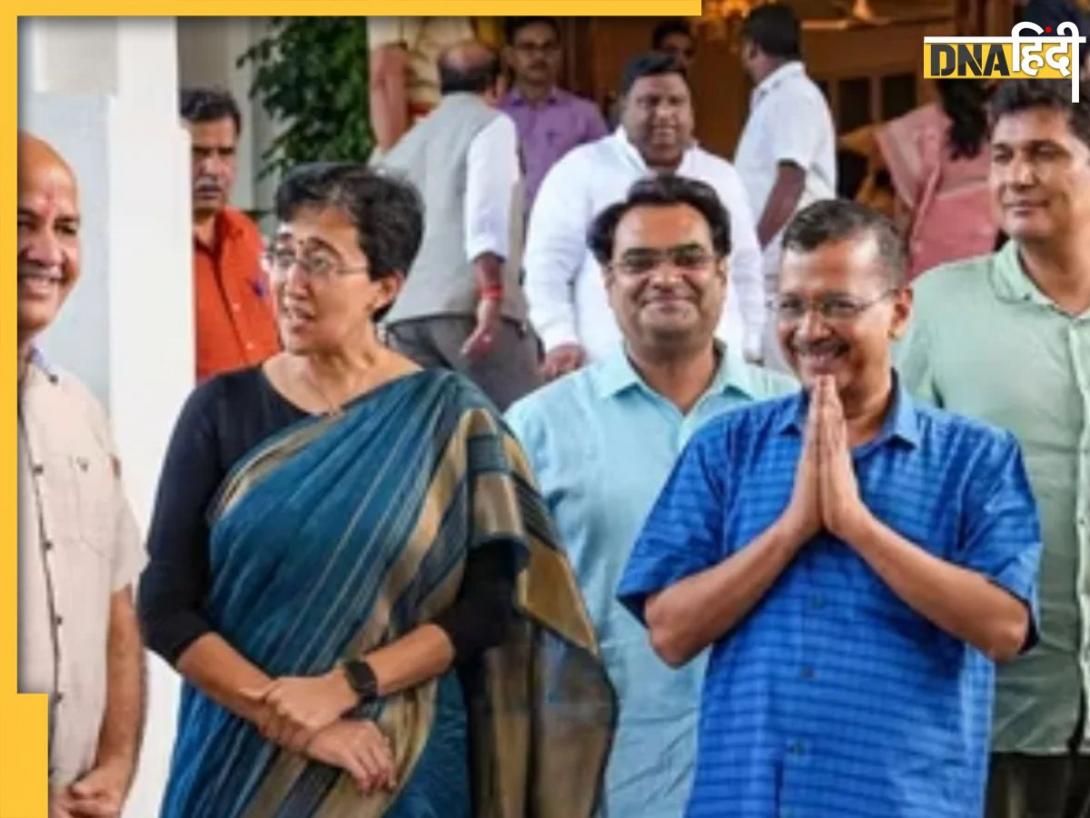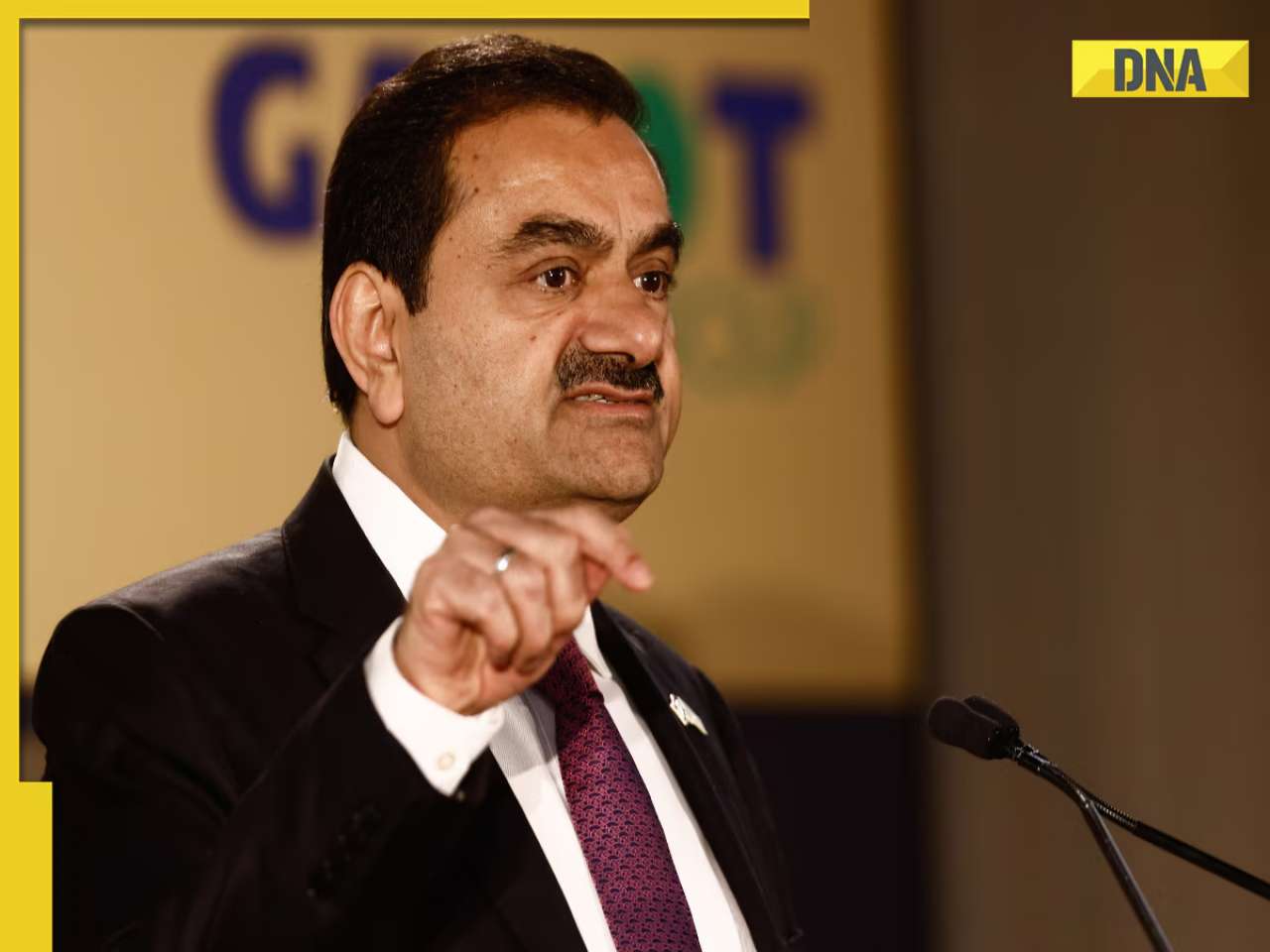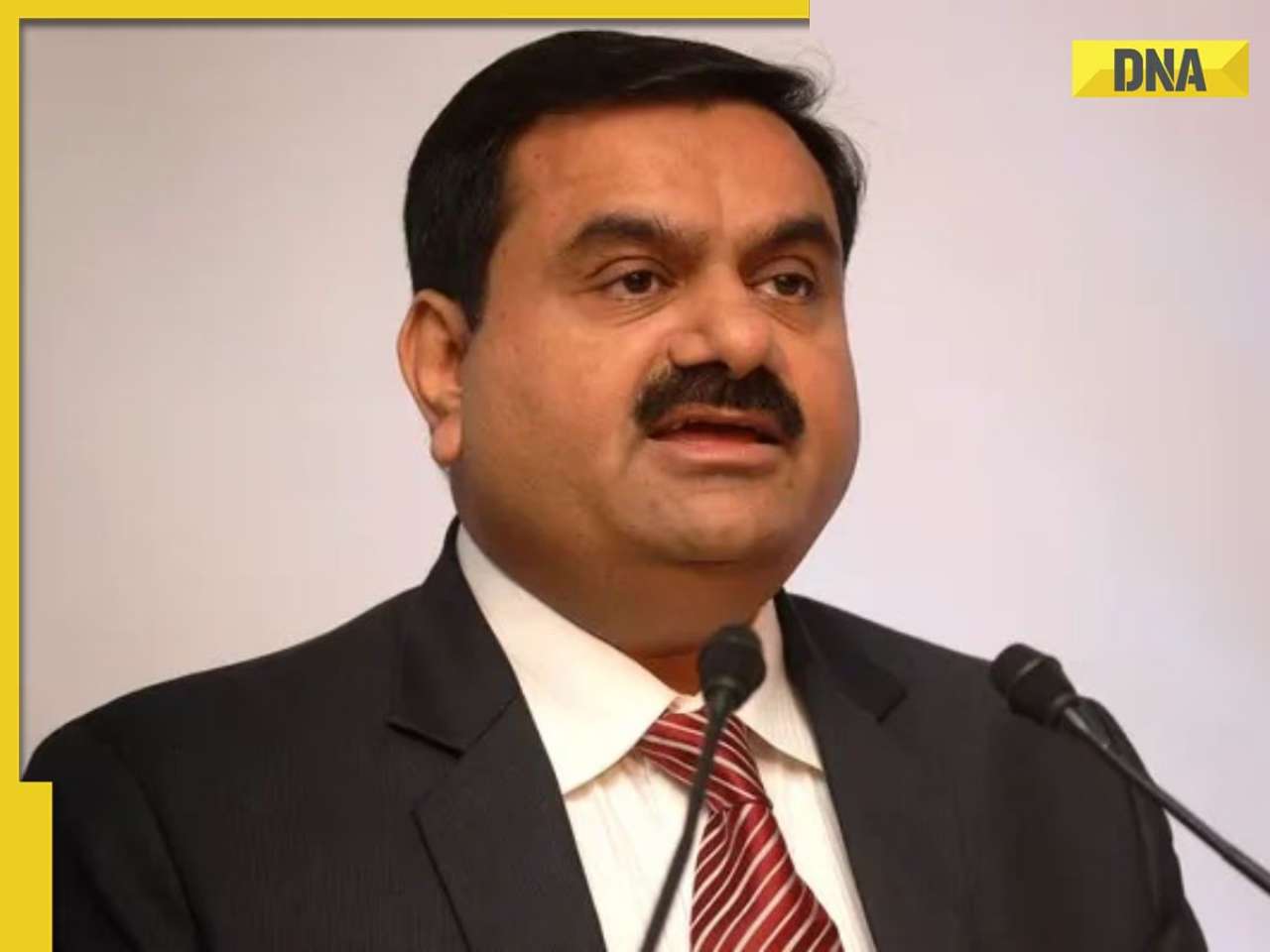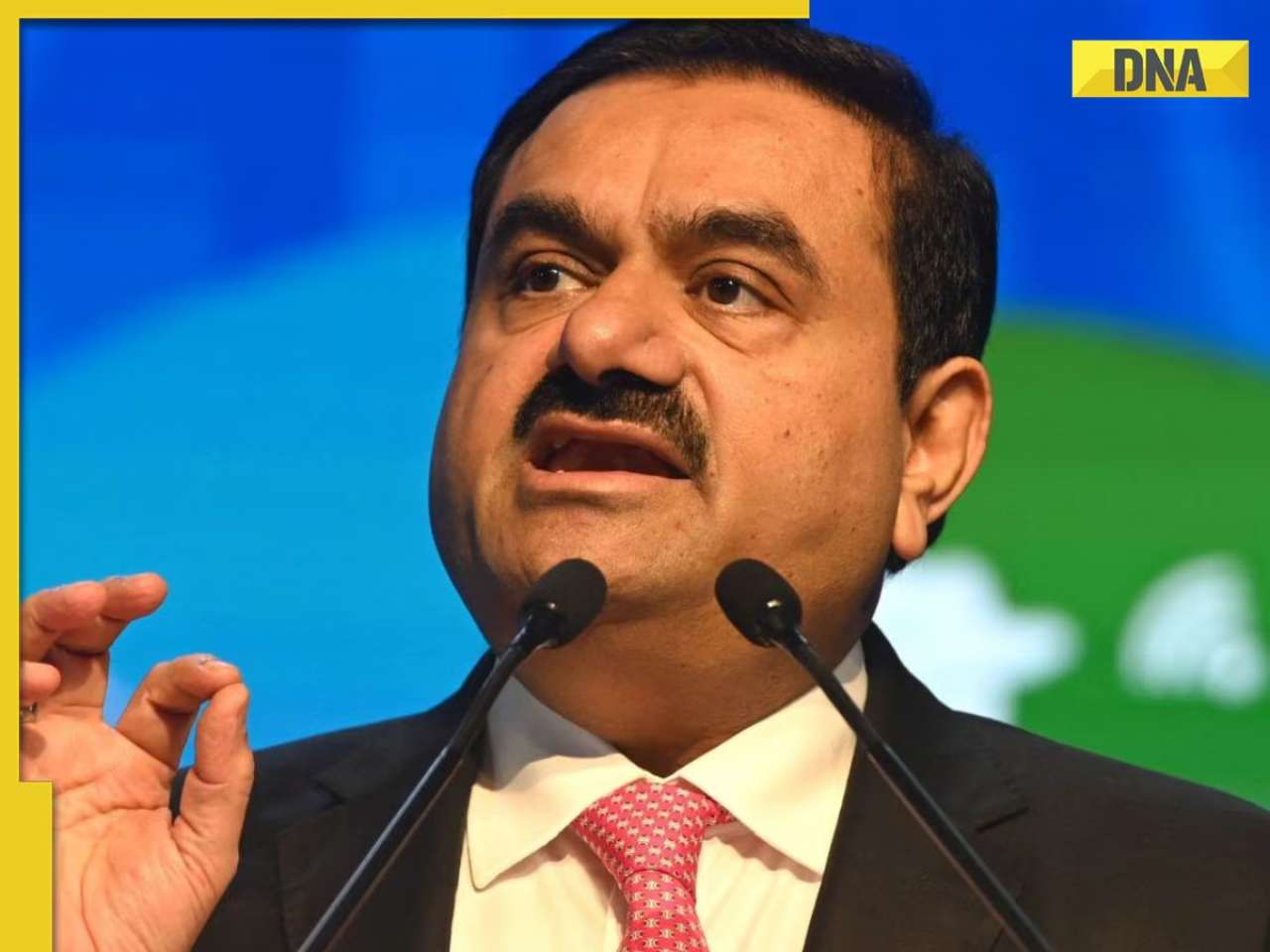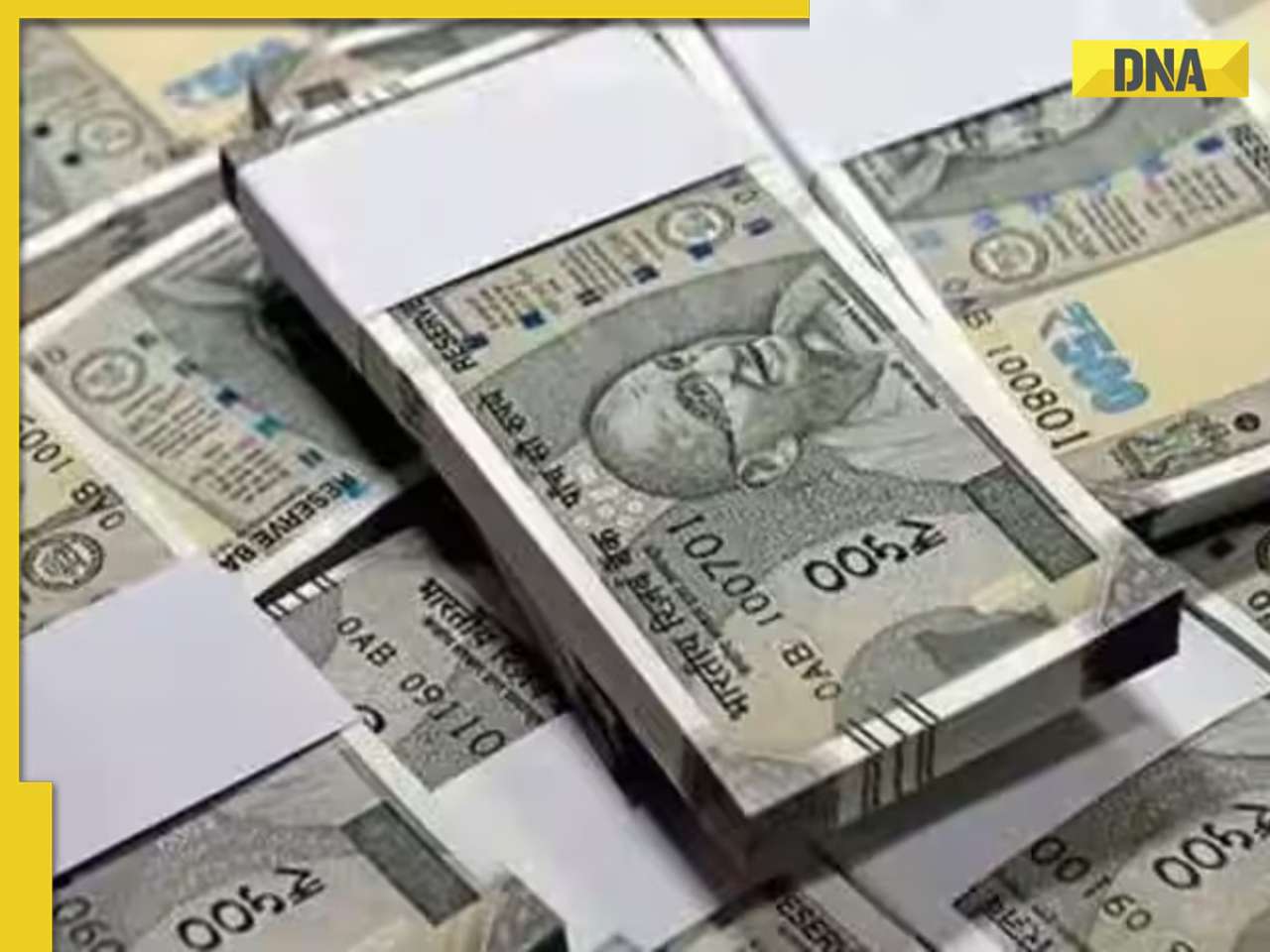- LATEST
- WEBSTORY
- TRENDING
LIFESTYLE
Book review: 'Steve Jobs' by Walter Isaacson
In the binary language of computers, you can either have a zero or a one. Perceptions about Steve Jobs too have tended to be bipolar. Walter Isaacson’s biography published soon after his death tots up the zeroes and ones in Jobs’ life and work.
TRENDING NOW
Book: Steve Jobs
Walter Isaacson
Hachette
656 pages
Rs799
One of the weird things about quantum mechanics is that an electron can be in two places at the same time, which obviously makes it a difficult subject to understand. Steve Jobs can be equally hard to pin down. One moment he seems like a hero and the next he’s a zero. Reading the former Time managing editor, Walter Isaacson’s journalistic, anecdote-filled biography of Jobs can keep you oscillating between the two positions, until finally an apple falls on your head and you get it — that Jobs was possibly in both places at the same time.
Jobs himself thought in binary terms, according to Isaacson — ideas were either ‘great’ or ‘crap’ and never in between; sometimes they could be ‘crap’ one day and ‘great’ the next day, when he would claim to have thought it up himself. People too were either totally amazing or complete “shitheads”. Perhaps fittingly, therefore, perceptions about Jobs too have tended to be extreme over the years: was he a passionate revolutionary or a self-centred asshole, a true innovator or a cheap idea stealer, a real producer of new things or just a glib marketer?
To the credit of Isaacson, as well as Jobs for letting him do it, he does not shy away from even the most personal or damaging of stories about the ex-CEO of Apple whom he interviewed 40 times in a period of two years after accepting his invitation to write the biography. Nor did he take everything Jobs told him at face value, interviewing hundreds of people who knew Jobs or worked with him to get their versions of the stories.
Whose idea was it?
Jobs claimed for instance that it was a Microsoft engineer’s bragging at a party — about a tablet PC Microsoft was developing — that provoked him to come up with the iPad. He told
Isaacson, “This dinner was like the tenth time he talked to me about it, and I was so sick of it that I came home and said, ‘Fuck this, let’s show him what a tablet can really be.’” The next day, as he recalled it, he gathered his team and told them he wanted a touch-screen tablet PC with no keyboard or stylus.
Apple’s head of design, Jony Ive, one of Jobs’ blue-eyed boys, had a different recollection. He told Isaacson that his design team had begun experimenting with a touch-screen input without any prompting from Jobs. In fact, Ive did not want to show it to Jobs prematurely because he might say “this is shit” and snuff the idea. “I realised that if he pissed on this, it would be so sad, because I knew it was so important.” When he was ready, he set up a private demo for Jobs, who was less likely to make a snap judgement when there was no audience, and luckily Jobs loved it.
Like a good journalist, Isaacson ‘shows’ us what Jobs was really like through a series of such tales which make the 630-page bio a good, easy read. The quasi-journalistic approach also serves to put a veneer of objectivity over the discourse, but you soon realise whose side the writer is on.
‘Reality distortion field’
In story after story it’s clear that Jobs had few scruples, lying or cheating or being manipulative whenever it suited him. But his acolytes had a euphemistic term for such behaviour — they said Jobs had a ‘reality distortion field’, that in his own mind he was almost convinced somebody else’s idea was really his, or that something really happened in the embellished way he would put it later. Isaacson is so willing to rationalise away every inconvenient truth about Jobs that you begin to wonder if he got infected with the reality distortion field too.
This is especially apparent in the accounts of Jobs’ personality, his ill-treatment of co-workers, the cheating of his co-founder Steve Wozniak, and his troubled relationships. Isaacson tries to draw some pop psychology interpretations from the fact that Steve was given up for adoption by his then unmarried biological parents, and then pretty much did as he liked growing up with his over-indulgent adoptive parents. He also attributes to him a Nietzschean belief that the ordinary rules of life did not apply to such a super-being as himself.
Folk singer Joan Baez, with whom Jobs had a romance for a few years, sums it up differently. “He was both romantic and afraid to be romantic,” she said. Tina Redse, with whom he had an on-and-off relationship for the longest time before getting married, felt he had a Narcissistic Personality Disorder. “The capacity for empathy was lacking.” And yet, Jobs fell in love with Laurene Powell, a graduate student at Stanford Business School, and she was with him more than two decades later when he died. More zeroes and ones.
Gets better with age
The real explanation may actually be quite simple — like most people Jobs got better at handling both his life and his work as he got older. This becomes clearer in the story of his work which forms the bulk of the book. This is where Isaacson comes into his own with his journalistic sense for detail and analysis as he presents a short history of personal technology.
One of the threads running through this aspect of the book is a comparison with that other lodestar of the personal tech revolution: Bill Gates. Apple was first off the block with the Macintosh, which had a graphical user interface (GUI) that allowed you to click on icons with a mouse instead of typing out esoteric commands like ‘md c:test’ on a black screen.
But Jobs would allow the Apple software to run only on the Mac. This left the door open for Microsoft to develop its own GUI-based Windows operating system for all other PCs. “Windows has won. It beat the Mac... An inferior product won,” was Steve Jobs’ typically ungracious admission after the release of Windows 95.
It wasn’t as if nobody at Apple had anticipated this. Co-founder Steve Wozniak wanted to license the Mac OS to other vendors from the very beginning, like Microsoft later licensed Windows. “We had the most beautiful operating system,” he told Isaacson. “But to get it you had to buy our hardware at twice the price. That was a mistake.”
Closed versus open
The rivalry between Gates and Jobs went beyond personal ego and business. As Isaacson notes, it represented two diametrically opposite approaches to personal technology. Jobs believed in a closed environment where hardware and software would be integrated with little scope for tinkering by third parties or users. Gates produced standard software that would run on machines from different makers, making them interoperable with each other. At a forum in Cambridge, when the design advantage of Jobs’ approach was pointed out to him, Gates was dismissive: “If you want, I’ll get you a can of paint (to have your computer in a colour you like),” he sneered.
And yet, ironically, in his second innings at Apple, this same end-to-end integration proved to be the formula for success in the iPod which turned around the fortunes of both Apple and Jobs. In 2002, the digital music domain was a mess — the record companies were struggling with rampant piracy, and at the same time their subscription models in partnership with companies like Sony, where users could only stream their music and not download them, just did not appeal to consumers.
Along came Jobs with a seamless solution: an iTunes store where record companies could sell their songs for 99 cents a download (29 of which went to Apple), iTunes software that was user-friendly, and a sleek, white iPod at the other end. Belying the sceptics who predicted that nobody would pay for digital music, one million songs were bought in the first six days.
Bill Gates’ acknowledgement
Isaacson quotes Bill Gates himself, from an email he sent to colleagues at Microsoft after the launch of iTunes, to put a finger on what really made Jobs click time and again: “Steve Jobs’s ability to focus in on a few things that count, get people who get user interface right, and market things as revolutionary are amazing things... I think we need some plan to prove that, even though Jobs has us a bit flat footed again, we can move quick and both match and do stuff better.”
But Jobs went on to show with the iPhone and then the iPad that he had an intuitive sense of what consumers needed and a unique end-to-end integrated vehicle to deliver exactly what they needed. Isaacson’s conclusion is that Jobs may have lost the battle with Windows earlier but he won the war in the end as Apple became the world’s most valuable company.
He may be right but it’s too early to tell. Google’s open-ended Android may currently be too fragmented with different versions running on different mobile phones and tablet PCs. But who can predict that it will not eventually become the standard on all non-Apple phones and tablets, just like Windows did on PCs?
Maybe, for a really good biography you need a period of reflection after a person dies, rather than rushing to print. And so the true legacy of Jobs for the time being will have to be in two places at the same time, in the slot for zero as well as the one for hero. As Jobs told Isaacson in one of his last interviews: “I like to think that something survives after you die... But on the other hand, perhaps it’s like an on-off switch. Click! And you’re gone.”

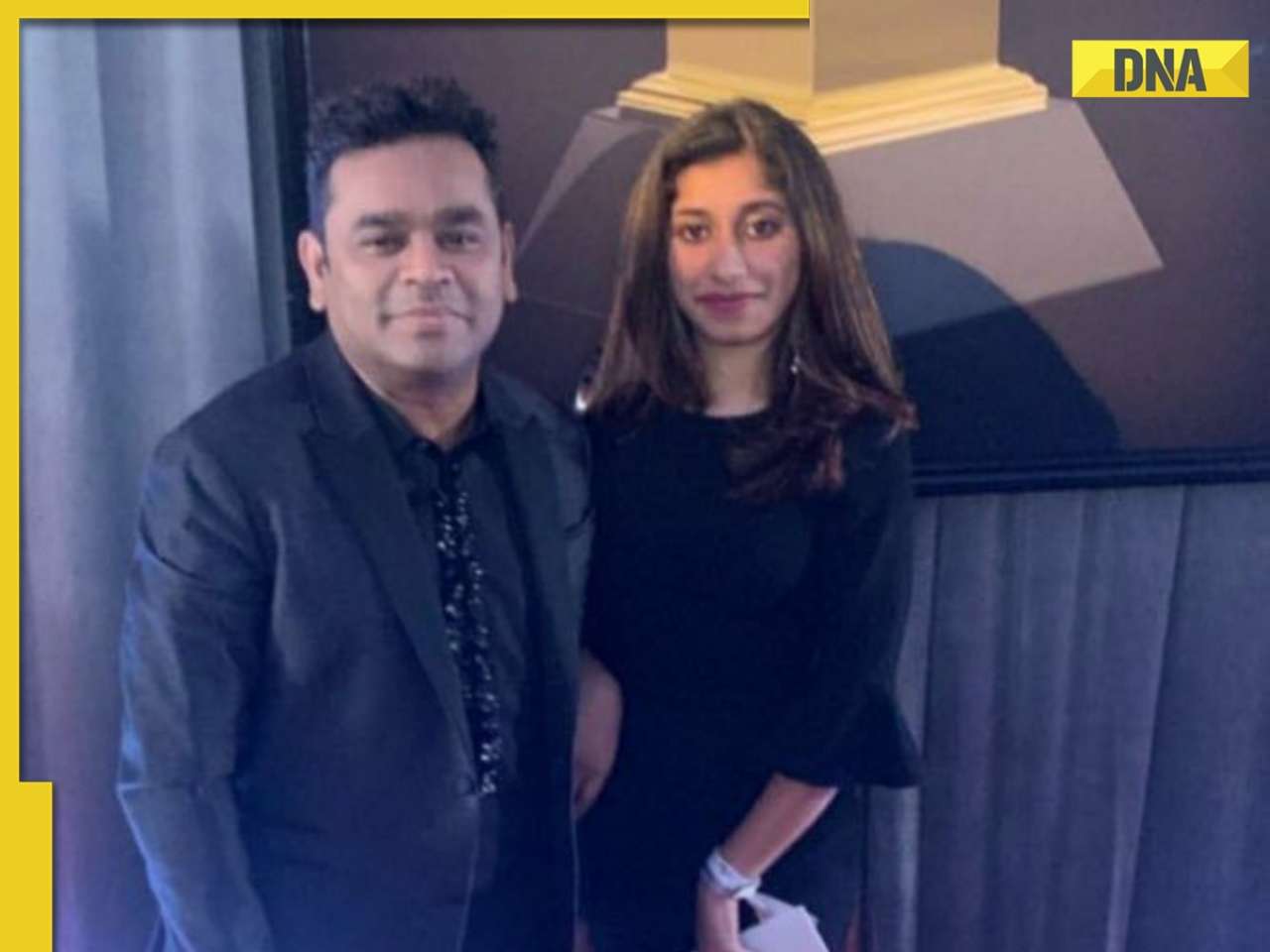





)
)
)
)
)
)
)
)
)
)
)
)
)
)
)
)






